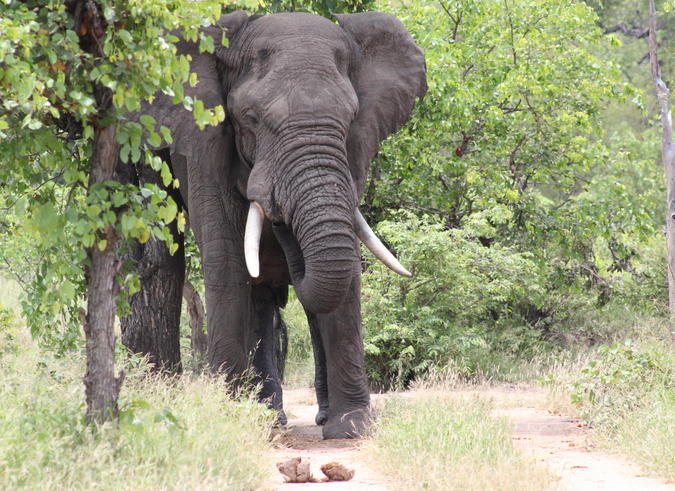
Written by Mike Cadman
Neglected and inadequate fencing has cost nine elephants their lives at the embattled Songimvelo Nature Reserve (SNR) in Mpumalanga, South Africa after authorities shot two groups of the animals in March and April this year because they had left the reserve and were feeding in communal lands nearby.
Mpumalanga Tourism and Parks Agency (MTPA) says that their staff regularly try to repair the fences but admit the fences are still “inadequate” to control elephants. Local residents and visitors to the area say the boundary fence has been in state of disrepair for years and remains so.
“That fence is down, down, down, it is rotten, and in some places even a human can walk through it,” Douglas Nkosi, the chairman of the Songimvelo Community Property Association said. “The elephants go where they want to and it is easy to understand that farmers get angry when they lose their entire crop in one night.”
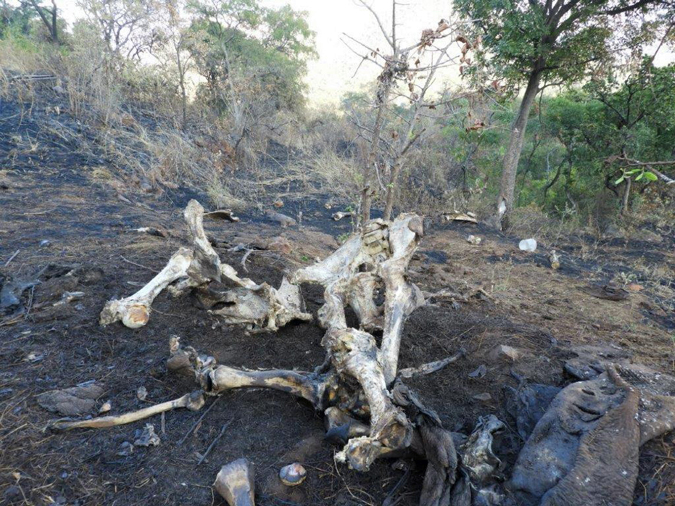
MTPA said that the last elephant census at SNR was done in 2014 (estimated 105 elephants in the 49,000 hectare reserve, the largest provincial park in Mpumalanga), but they estimate that the population has now grown to 138.
MTPA said that the decision to shoot the elephants was taken after efforts to encourage them to return to the park had failed. The authorities kept the tusks, and the meat was donated to local residents.
“The MTPA is constantly faced with challenges of elephants breaking fences at night and crossing the main road from Badplaas to Msauli village. This has posed a serious risk to pedestrians, infrastructure and road traffic in the area and also affected the crops on the farms opposite the road from the reserve,” the MTPA said. “When elephants breach the fences, MTPA staff are dispatched to fix the fences. They are, however, not in an adequate condition to contain the elephants”.
Wildlife enthusiasts Marie Jean Butler and Dirk Venter said they have visited the Songimvelo area six times since 2017, and that large sections of the perimeter fence had been in a state of disrepair on every occasion.
“We are very disappointed that such consistent neglect could have cost these elephants their lives,” Butler said. “There is so much that could be done in the area and this reserve should be a tourism gem.”
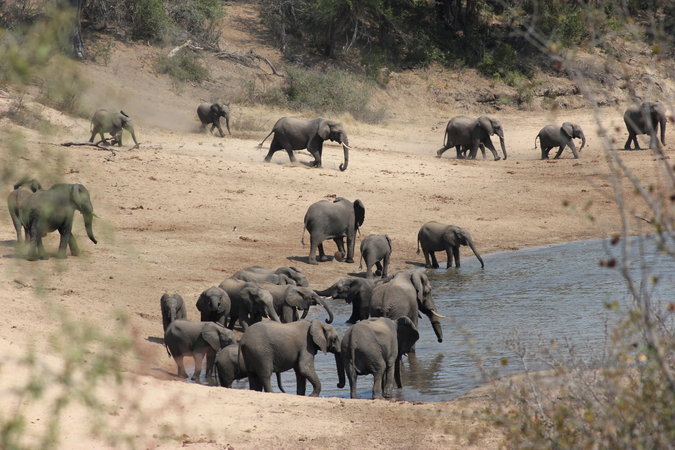
The MTPA said that local residents had become so irritated with losing crops to the elephants that “over time, the community actions and blockading of roads to the reserve became a risk to tourists”.
Nkosi said that while residents had staged protests demanding that something be done about the poor state of the fences, they were also protesting due to frustrations related to land claims, the failure by authorities to deliver on tourism development plans and service delivery issues.
“People are very unhappy, but it is all part of the problem that the authorities have not kept their promises about running Songimvelo properly, developing tourism opportunities or creating jobs,” Nkosi said. “When the officials present their integrated management plan everyone loves it but then nothing happens. Our pleas for development falls on deaf ears.”
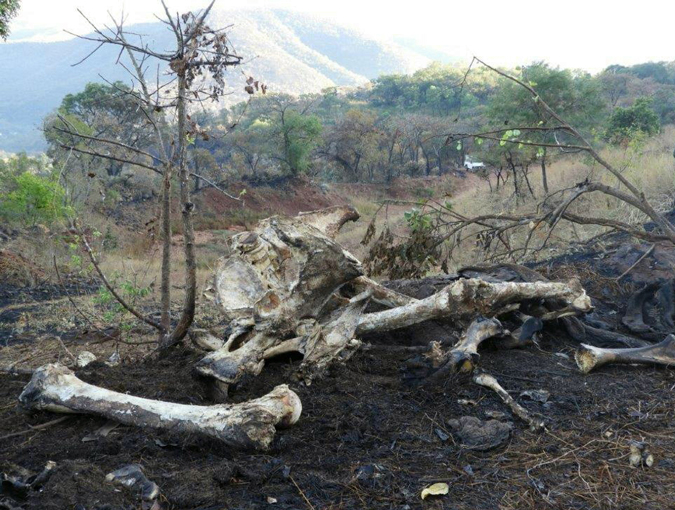
Various unsettled land claims have been made against parts of the reserve, large numbers of cattle graze within the reserve (in some areas by agreement with local communities), and subsistence poaching is common. In 2010 it was reported that most of the rhinos in SNR had been killed by poachers.
Will Pieters, a tourism specialist in Songimvelo and in various other parts of South Africa said that while the SNR had experienced serious difficulties there was still much that can be achieved.
“There is enormous goodwill amongst many of the role-players here,” Pieters, a director of the Rakanda Goodwill Foundation, which works in the area, said. “With sufficient funding and skills-development many of the tourism development goals can be achieved.”
“The fencing issue is one of many, and the shooting of the elephants is something that was avoidable but we believe that things can be changed for the better.”
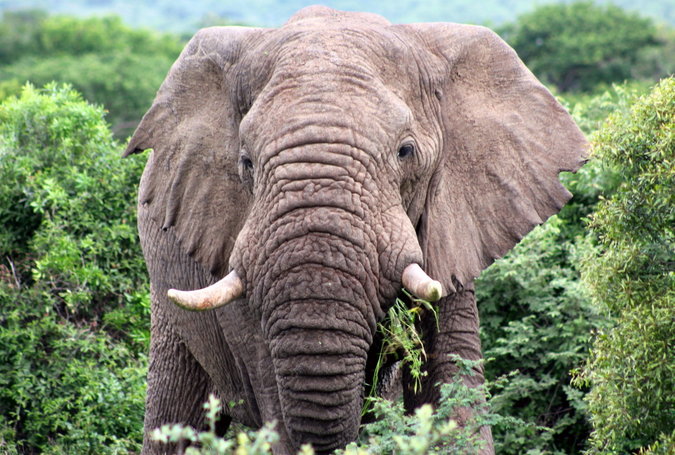
ABOUT MIKE CADMAN
Mike Cadman has worked as a print journalist and television news producer for various international media organisations for more than 37 years. He has also compiled reports for a wide range of environmental and wildlife NGOs. He is the author of five books on a variety of subjects including wildlife rehabilitation, the modern history of South Africa’s Mapungubwe National Park (co-authored with Dr Mark Berry) and travel. He has also written a compendium of education books aimed at 11-12-year-old children who do not have easy access to the internet.
To comment on this story: Login (or sign up) to our app here - it's a troll-free safe place 🙂.![]()






